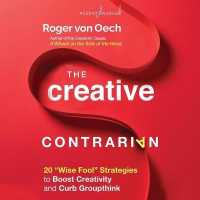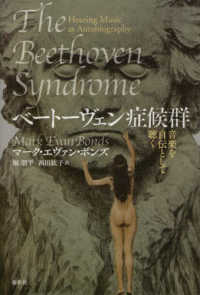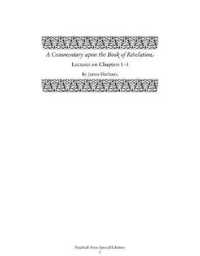- ホーム
- > 洋書
- > 英文書
- > History / World
Full Description
This book is an exciting new look at how archaeology has dealt with the bodily senses and offers an argument for how the discipline can offer a richer glimpse into the human sensory experience. Yannis Hamilakis shows how, despite its intensely physical engagement with the material traces of the past, archaeology has mostly neglected multi-sensory experience, instead prioritising isolated vision and relying on the Western hierarchy of the five senses. In place of this limited view of experience, Hamilakis proposes a sensorial archaeology that can unearth the lost, suppressed, and forgotten sensory and affective modalities of humans. Using Bronze Age Crete as a case study, Hamilakis shows how sensorial memory can help us rethink questions ranging from the production of ancestral heritage to large-scale social change, and the cultural significance of monuments. Hamilakis points the way to reconstituting archaeology as a sensorial and affective multi-temporal practice.
Contents
1. Demolishing the museum of sensory ab/sense; 2. Archaeology, modernity, and the senses; 3. Recapturing sensorial and affective experience; 4. Senses, materiality, time: a new ontology; 5. Sensorial necro-politics: the mortuary mnemoscapes of Bronze Age Crete; 6. Why 'palaces'? Senses, memory, and the 'palatial' phenomenon in Bronze Age Crete; 7. From corporeality to sensoriality, from things to flows.








